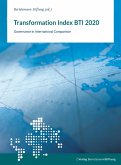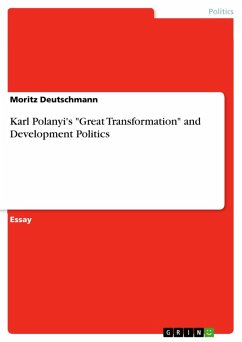Managing the peaceful transition of authoritarian states to democracy and a market-economic system represents a tremendous challenge. Whether it comes to reconstituting the coherency of the state following armed conflict, expanding participation rights and the rule of law in emerging democracies, overcoming corrupt structures, fighting poverty and inequality, or establishing clear rules for stable market-economic competition, the requirements are enormous, and the pressure on responsible leaders is intense. After all, the quality of political management makes an essential contribution to the success or failure of transformation processes. The Bertelsmann Stiftung's Transformation Index (BTI) thus systematically places political decision-makers' steering capability at the heart of its analysis and, as a result, is the only index in the world that measures and compares the quality of governance with self-collected data. This is done in the firm conviction that the ongoing comparative study of transformation processes is invaluable for the successful design of reforms and holds enormous global potential to learn from different political strategies for steering change, even though diverse traditions, power configurations, resources and cultures necessarily make each transformation process unique. The BTI measures and compares transition processes in 129 transformation countries with data collected between 2013 and 2015 and establishes their global rating based on detailed country reports. Now in its seventh edition, it offers the opportunity to understand long-term trends and global developments through the analysis of time-series data. The spotlight on current developments is thus complemented by a decade of data that captures the most varied transformation processes and puts into perspective recent progress and setbacks on the way to democracy and a market economy.
Dieser Download kann aus rechtlichen Gründen nur mit Rechnungsadresse in A, B, BG, CY, CZ, D, DK, EW, E, FIN, F, GR, H, IRL, I, LT, L, LR, M, NL, PL, P, R, S, SLO, SK ausgeliefert werden.









